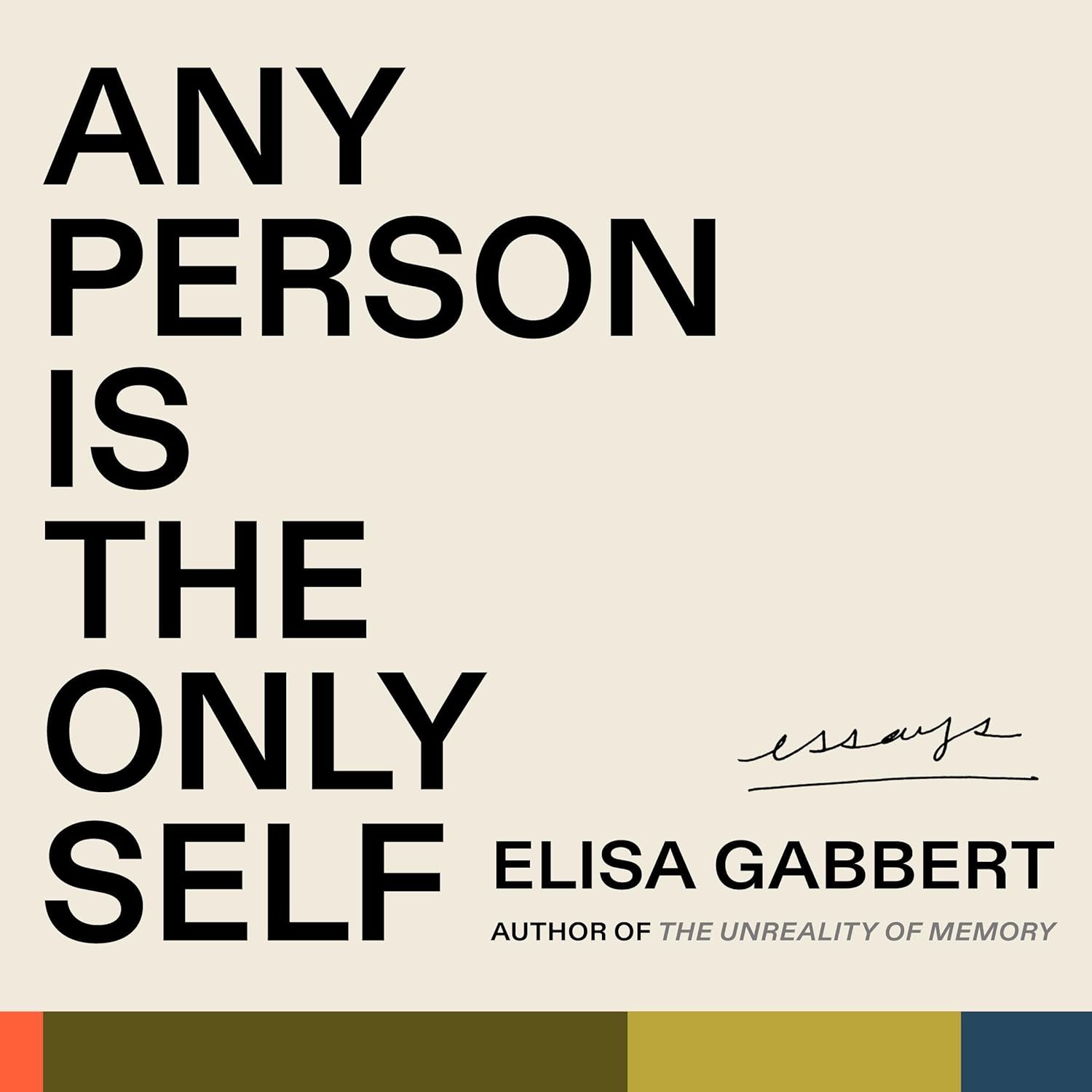What do you think?
Rate this book


8 pages, Audible Audio
First published June 11, 2024
‘Sometimes I think of the seed of the essay, whatever idea first made me want to write it, as a tree that I'm building a house around—I have wanted a house with a tree inside.’
‘There's a particular stranger from deep in my past I remember. I was six years old, in a playroom at some kind of day camp. I saw a pretty brunette girl, who struck me as older and more sophisticated than I was, though she couldn't have been more than seven or eight. She was standing with friends, and I wasn't. "Do you have a staring problem?" she said, meeting my gaze. I was shocked, ashamed and understood I should not look at people for long. But I still stare at strangers; I still have a staring problem.’
‘Rewatching Point Break, in order to take notes and write about it, wasn't quite the sublime experience of watching it to watch it. So after writing about it, I watched it again, the following night. This didn't feel very different from watching it again after one or two years. This is part of the difference between books and movies. Books take so much more time to invest in, to get interesting again, that they give me time to change. I must be changing all the time, but day to day, or year to year, the intervals are too small to notice. I'm not the same man, but I almost am.’
‘In the year that I read so much Rilke, I had trouble remembering books. Reading all my books in the same three rooms suspended time and erased my memories, as though there were no new hooks for them to hang on. (When I reread the Tanizaki, I barely remembered anything about it. But my pencil marks were already there, the same things I'd underline now.) I was deeply unhappy, so unhappy I believed that everyone everywhere must be unhappy. So I was surprised when a friend recently told me that in some ways the pandemic improved his life-a broke artist, it suddenly seemed okay to be a broke artist, to stay home making art. A layer of shame lifted up from his life.’